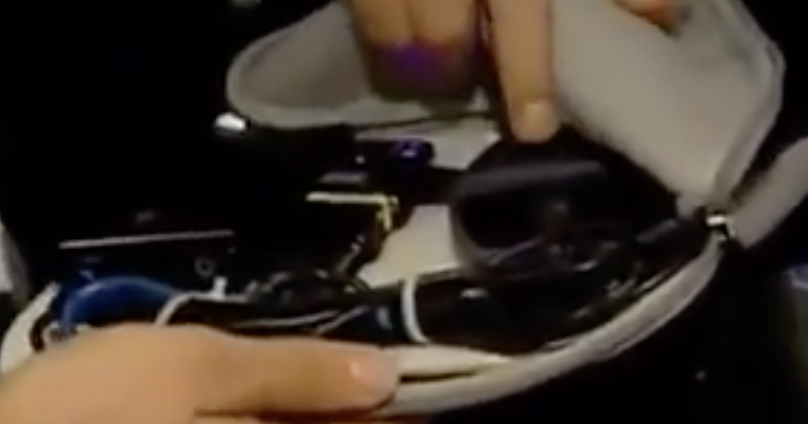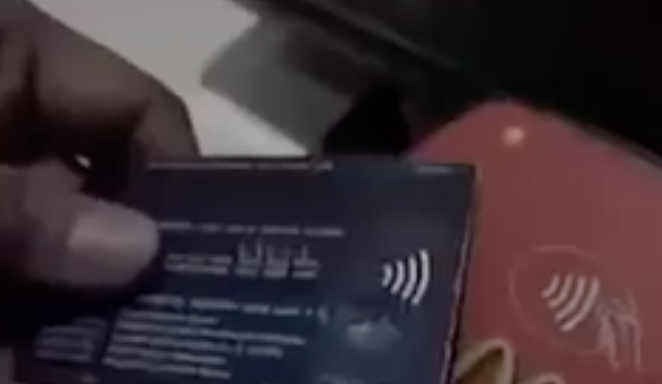
Thieves are constantly evolving their methods and finding different ways to steal from unsuspecting victims. The modern way in which a pickpocket can rip you off is completely hands off and they don’t even have to reach into your purse or pocket to steal from you. The latest tool in a fraudsters bag of dirty tricks takes advantage of the newest forms of technology.

It’s called wireless identity theft, or RFID identity theft, and it’s done by using wireless radio frequency mechanics. If you have a credit card that has the radio frequency symbol located on it (see video), it means that it’s RFID enabled. All you have to do is wave the card near a scanner to instantly pay for a purchase and complete a transaction, but this convenience comes with increased risks.

It takes just seconds to steal. All a thief has to do is wave a hidden credit card reader, like the ones businesses commonly use, near where they suspect your card is located on your person. The card reader picks up personal information that is stored on the card’s radio frequency identification chip, then all of that encoded information is harvested.

Thieves take this data, which can include a card holder’s name, address, phone and social security number, and other account information, and use it to make unauthorized purchases, or worse. They can steal your identity and even clone card information onto their own cards, so they essentially have a copy of a stolen card that works just like the original.

This type of crime is virtually untraceable and victims have no idea they’re being ripped off until it’s too late. Credit card companies claim that consumer cards are secure and have several built in security features which include protection of the holder’s name and address.

But the journalist investigating found this not to be true. With a co-worker’s permission he electronically pick pocketed their credit card, went online shopping, and used a fake name and address to order a sweatshirt from L.L. Bean which later arrived in the mail. The transaction wasn’t flagged and the credit card company never picked up on it as potentially fraudulent, despite the fact that a fake name and address were used.

There are ways to protect your information, carry a RFID blocking card in your wallet, or request a card that is not RFID enabled. If people are aware of the risks their cards pose they can better protect themselves and possibly avoid the hassle and headache that comes with having a credit card stolen and financial security compromised.

Please Share this story to help spread the word










